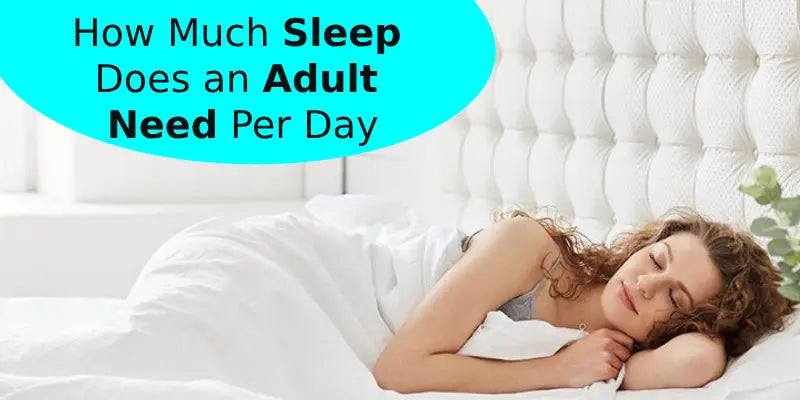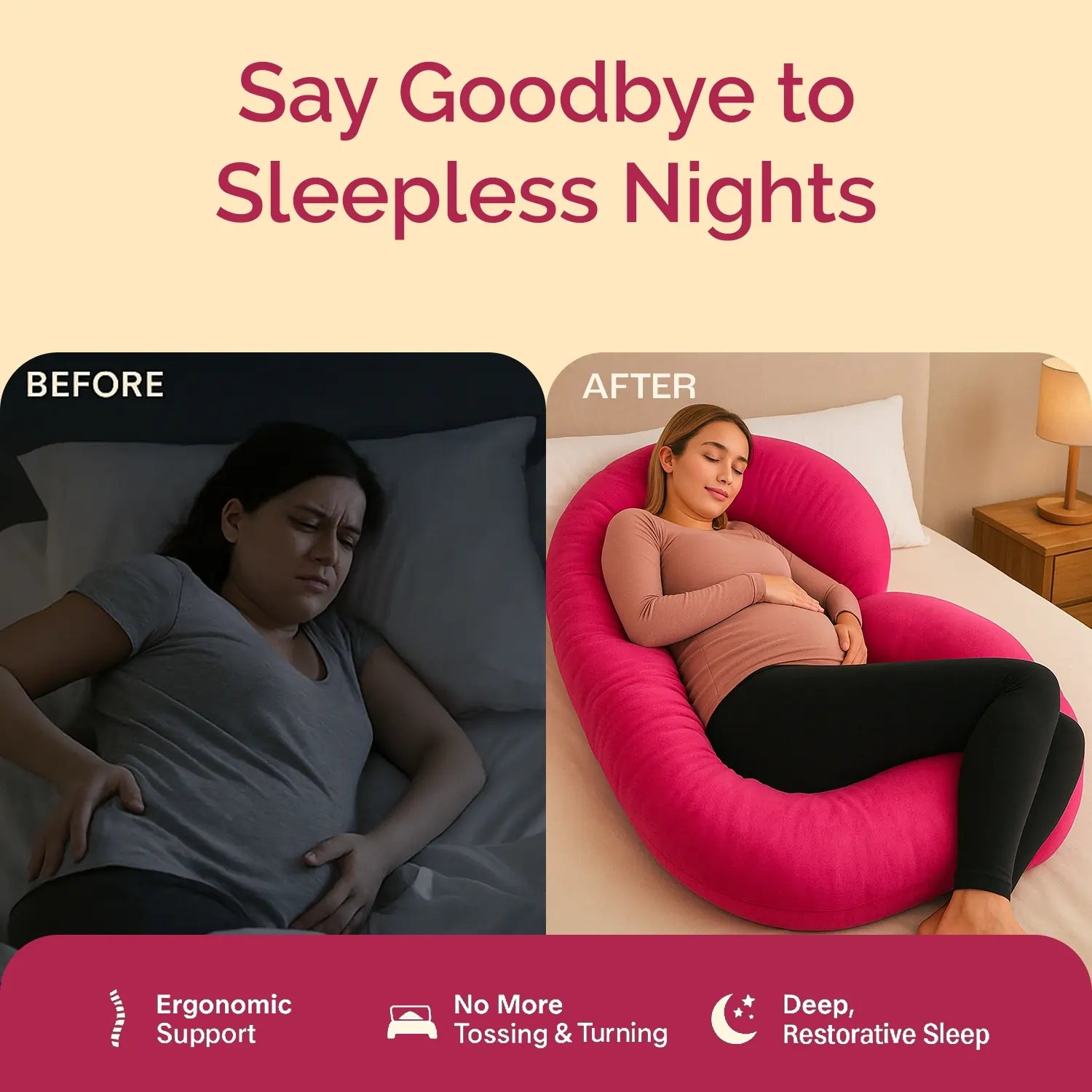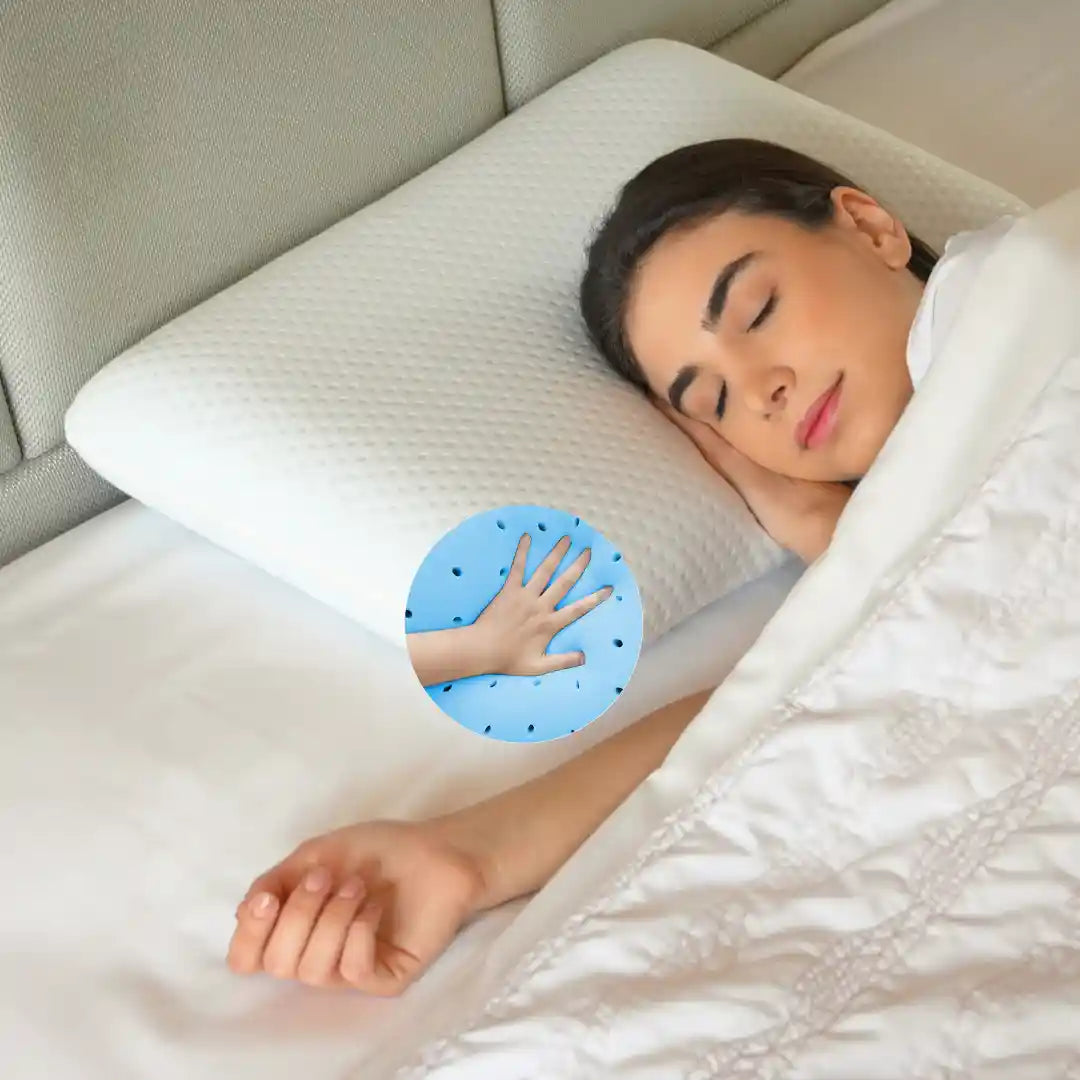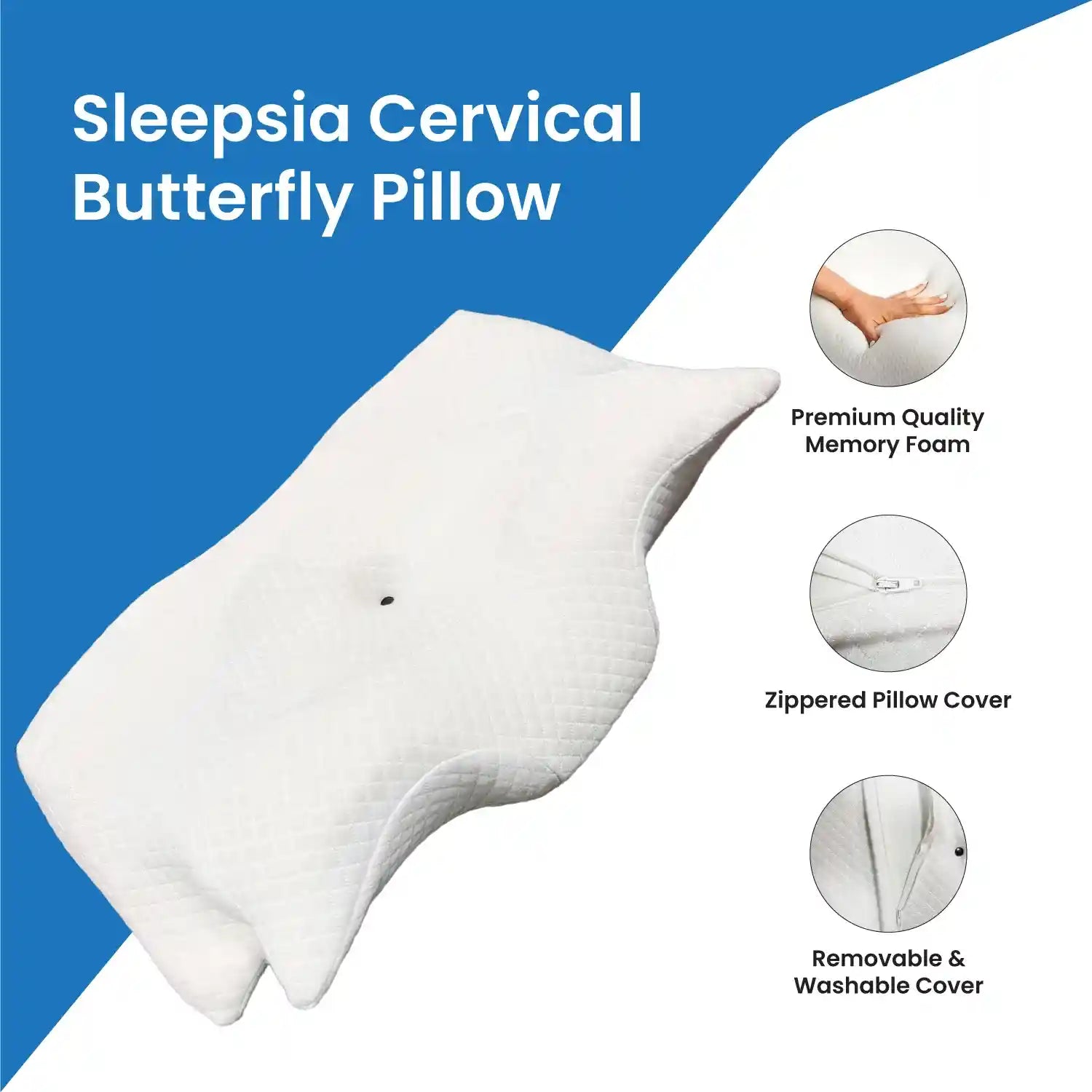
How Much Sleep Does an Adult Need Per Day?
There are many debates raging about the health benefits of sleep, but one thing is for sure: getting enough sleep is essential for overall health. That’s why it’s so important to know what an adult needs per day in order to get the best rest possible.
In this blog post, we will explore how much sleep an adult needs and provide some tips to help you get the most out of your slumber.
Recommended Products
What is Sleep?
There are many myths surrounding sleep. One popular belief is that more sleep means better performance and productivity. However, recent studies have shown that this is not always the case. In fact, too much sleep can actually have negative consequences on your health and well-being.
Below are eight facts about sleep that you may not know:
- Sleep is essential for healthy brain function. Children who get enough sleep perform better in school and have a stronger memory than children who don’t get enough sleep.
- Lack of sleep has been linked to obesity, heart disease, stroke, Type II diabetes and various other health conditions.
- Adults need between 7 and 8 hours of sleep per night to be at their best. Some people may need more or less sleep depending on their individual circumstances, but 7-8 hours is the average requirement for adults.
- Too much caffeine before bedtime can disrupt your sleeping pattern and lead to insomnia. Likewise, alcohol consumption before bedtime can also interfere with your ability to fall asleep quickly and stay asleep throughout the night.
- People who suffer from chronic pain often report difficulty sleeping due to the intense painkillers they take to manage it. If you are taking any medications that affect your sleep, speak with your doctor before trying any remedies to help you sleep better.
- Not getting enough sleep can actually lead to an increase in stress levels as cortisol levels rise during periods of insufficient rest.
The Different Types of Sleep
There are many different types of sleep, each with its own benefits. Here’s a rundown of the different types:
NREM or Non-Rapid Eye Movement Sleep:
NREM sleep is the deepest and most restful form of sleep. During this phase, your body shuts down completely, allowing your muscles to relax and your brain to recharge. This is the type of sleep you usually take in between stretches of REM or Rapid Eye Movement Sleep.
REM or Rapid Eye Movement Sleep:
REM is the most active stage of sleep. During this phase, your eyes move rapidly back and forth as you dream. This is why it’s often called “the dreaming brain state” – because during this time your mind is active and churning out new ideas.
Light Sleep:
Light sleep occurs when you fall asleep but aren’t fully unconscious yet. You might occasionally experience light sleep while awake, too – if you nod off for a few minutes after dinner, for example. In light sleep, you might twitch or mumble in your dreams, but you won’t be completely conscious.
What Happens When We Don’t Get Enough Sleep?
When we don’t get enough sleep, our bodies go into a state of emergency. Our body’s natural response is to try to make up for the lack of sleep by kicking into overdrive on all the systems that are usually controlled by the brain and nervous system, like digestion and heart rate. This can lead to some pretty serious consequences, like:
- It Can Cause Weight Gain. When you don’t get enough sleep, your brain releases chemicals that make you want to eat more. overeating leads to weight gain because it increases your risk for heart disease, type 2 diabetes, and other health problems.
- It Can Cause Depression. Lack of sleep messes with your hormones, including serotonin and melatonin, which can lead to depression. In addition, chronic lack of sleep is also linked to increased aggression and violence.
- It Can Cause Memory Loss. Poor sleep habits can cause memory loss and other cognitive difficulties. Studies have found that people who don’t get enough sleep are more likely to have Alzheimer’s disease later in life.
- It Can Cause Diabetes Mellitus Type II or Other Health Problems Related To Obesity. Chronically insufficient sleep is a major risk factor for developing type II diabetes mellitus, a condition in which the body doesn’t use insulin correctly and can lead to dangerous levels of blood sugar especially if you have prediabetes or obesity already). Other conditions that are commonly associated with insufficient sleeping include cardiovascular disease, stroke, cancer, and joint pain.
- It Can Cause Premature Death Syndrome (PTSD). People who suffer from PTSD often struggle with insomnia as part of their disorder- causing them to miss out on sleep. This can lead to increased anxiety, stress, and inflammation, which all have negative consequences for your health.
How Much Sleep Do Adults Need?
There's no one answer to this question, as everyone is different and needs a different amount of sleep. However, most experts recommend between 7 and 8 hours of sleep per night for adults. Here are some more specifics on how much sleep each stage of life needs:
- Newborns (up to 3 months old): need around 12-15 hours of sleep per day
- Infants (3-12 months old): needs around 14-17 hours of sleep per day
- Children (1-5 years old): needs around 10-11 hours of sleep per night
- Kids (6-12 years old): generally needs 9-10 hours of sleep per night
- adolescents (13-18 years old): usually needs 8.5-9.5 hours of sleep per night.
Sleep disorders and how to treat them?
There are many sleep disorders, including insomnia, narcolepsy, restless legs syndrome and sleep apnea. Each one can affect your mood, energy level and ability to function at work or school.
Here's how to treat them:
Insomnia:
The most common sleep disorder, insomnia is when you struggle to fall asleep or stay asleep for more than a few hours at a time. There are several things you can do to improve your sleep habits: avoid drinking alcohol before bedtime, establish a regular sleep schedule and get enough exercise. If these tips don’t work, see your doctor for a diagnosis and treatment plan.
Narcolepsy:
Narcolepsy is a rare disorder that causes people to have uncontrollable episodes of deep sleep. These episodes may last up to two hours and can cause hallucinations, extreme daytime tiredness and cataplexy (a sudden loss of muscle control). For narcoleptics, effective treatments include medications such as Modafinil or catapres; lifestyle changes such as avoiding caffeine; or cognitive behavior therapy.
Restless legs syndrome:
Restless legs syndrome is an intense urge to move your legs that typically occurs during the early evening or at night. Although it can be uncomfortable, there isn’t usually anything wrong with the legs. Treatment includes self-care measures such as keeping busy during the day; medication such as duloxetine (Cymbalta); physical therapy; or a combination of these.
Sleep apnea:
Sleep apnea is a condition in which you stop breathing for a short period of time during sleep. This can cause fatigue, poor concentration and irritability. Untreated sleep apnea can lead to weight gain, high blood pressure and heart disease. If you experience sleep apnea, see your doctor for a diagnosis and treatment plan.
If you're experiencing any problems with your sleep, don't hesitate to see your doctor. There are many effective treatments available for sleep disorders, and early diagnosis can help ensure a successful treatment plan.
The Effects of Sleep on the Body
The National Sleep Foundation recommends adults get 7 to 8 hours of sleep per night. For some, this might be easier said than done. Adults need to find a comfortable sleeping position and ensure that they are not disturbed during the night. If individuals are unable to get the amount of sleep they need, it can have deleterious effects on their health and well-being. Here are a few of the effects that can occur when people don't get enough sleep:
Increased Risk for Weight Gain and Obesity
Sleep deprivation has been shown to increase the risk for weight gain and obesity because it decreases appetite control mechanisms. When people don't have enough energy, they are more likely to carb Load or eat high-calorie foods in order to feel satisfied. This increases caloric intake over time and can lead to weight gain.
Reduced Performance Levels
When people don't get enough sleep, their performance levels suffer. Short-term memory loss is one common symptom of lack of sleep, which can lead to decreased productivity at work or school. Cognitive function also declines when people don't get enough sleep, which can affect decision making abilities and overall focus throughout the day.
Higher Risk for Depression and Anxiety Disorders
People who suffer from depression or anxiety disorders often have problems sleeping due to anxiety about being asleep or nightmares caused by stress from life events or thoughts from the previous day/night. Not getting enough sleep can further aggravate these conditions by leading to fatigue and decreased motivation.
Increased Risk for Infections
People who don't get enough sleep are more likely to become infected with viruses, bacteria, and other types of parasites. This is because inadequate sleep increases the risk for immune system suppression and increased susceptibility to infection. Not getting enough sleep also increases the risk for developing chronic conditions like obesity or heart disease.
Increased Risk for Car Accidents and Injuries
When people are driving under the influence of alcohol or drugs, they are often unable to stay awake due to the effects of those substances. This often leads to accidents that can cause serious injuries. When people don't get enough sleep, they are also less able to respond quickly when emergency situations arise and take longer to regain balance after an incident.
Conclusion
As adults, it's important that we get enough sleep. Not only does lack of sleep have negative consequences for our health, but it also affects our performance at work and school. The amount of sleep an adult needs varies depending on their age and sex, but generally speaking, adults need between 7 and 8 hours of sleep per night. If you're struggling to get the recommended amount of sleep each night, there are a few things you can do to improve your sleeping habits. Check out our list of tips for getting better sleep to find something that works best for you.










































